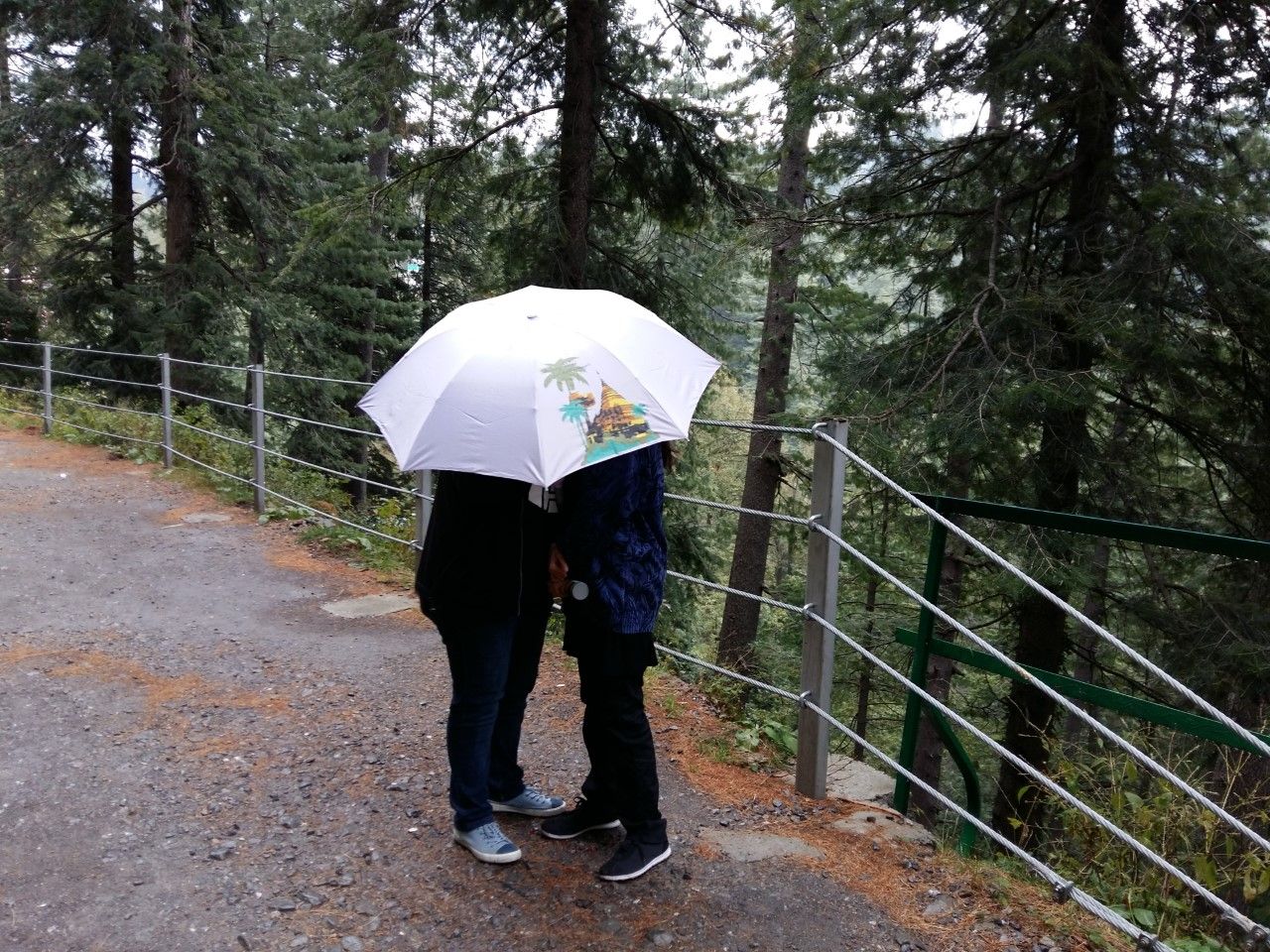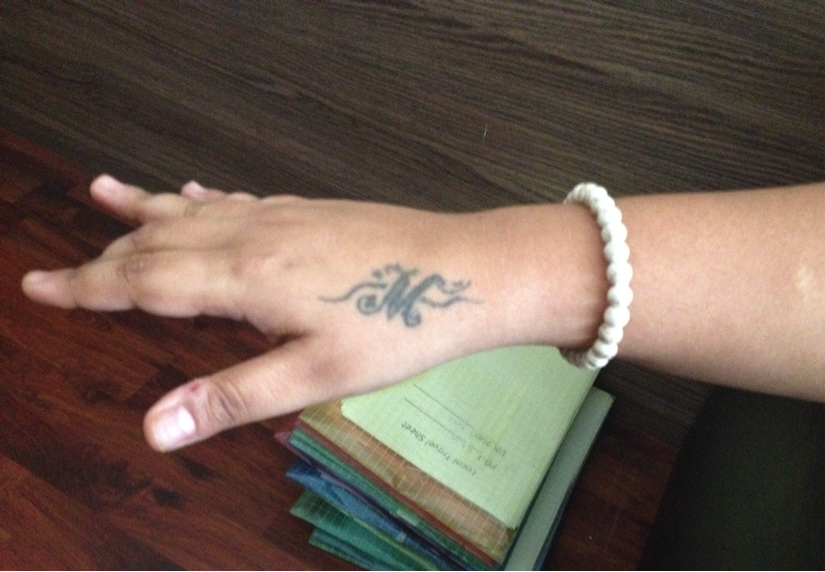A t-shirt, jeans, and navy blue flip-flops, slightly rusted, kicked up on a chair while typing on a laptop. That is how I remember Mani, the monitoring officer at Naz Pakistan, an LGBT-friendly community-based organization in Lahore. He is relaxed and confident.
However, Mani’s journey from Karachi, where he was born, to Lahore wasn’t an easy one. As a transgender man, he faced incredible challenges.
I came to know Mani as a man very much in love with his partner, working hard to make ends meet while trying to raise money for his mastectomy. Living near his office, 31-year old Mani walks to and from work every day while his partner commutes in a rickshaw. Mani said, “In other people’s eyes, we are cousins and we came to Lahore for jobs.” He explains his neighbors aren’t aware that he left behind his family to live with his girlfriend about a year and half ago.
About two years ago, he and his girlfriend planned to run away together, but were caught shortly after landing in Lahore. “Both of my brother-in-laws and my brother showed up outside of the house where we escaped. They traced the cab we took from the airport,” he said.
Mani continued, “They told us that we have to come back. They don’t care how. They are going to take my partner back, dead or alive. They claimed that my partner’s family members had filed a police report against my father that my family had abducted her (which was a lie). And that my father was in a police station and that my mom was hospitalized— that too was a lie. My partner didn’t believe it. Somehow, it felt like it wasn’t true. I felt like that too. But when it’s about your parents, you get emotional and just do it.”
Mani and his girlfriend returned to their homes in Karachi, but both of them remained connected despite their families’ efforts to separate the two. A few months later, Mani was booking two tickets to Lahore again. “I said to my father, I have a job offer in Lahore and I want to go there. My father said, ‘Okay, fine go to Lahore but you and I will no longer have a relationship.’ I said OK. And my partner’s family said the same to her...that the day my partner and I stepped outside of the house, their relationship with us would be over. It was difficult. It was very difficult. It wasn’t as easy as I am showing, talking about it so easily right now.”
While Mani has become comfortable traveling within Lahore now, he still fears for his and his partner’s safety. “How some person is going to react at any given time, you don’t know. Sometimes I’m afraid of what someone might say to me...but I’ve been here for a while. [In} the shop people know me, so there isn’t that much of an issue. But getting out of this area and this society...I am scared,” Mani said.
When Mani went to a plastic surgeon, he received a speech on religion. “Then we went to a shop, and a man started yelling that you are a woman. Don’t you know how you should live, and then started lecturing my partner ‘you are roaming with a woman like this? They are dhubbas, or black spots on society. They don’t have a right to live,’ “ said Mani.
For Mani, the challenges of being a trans man in Pakistan are far from over. He explains how the concept of a trans man is not understood in Pakistan. It doesn’t exist. “Here people just don’t know,” he said. “And if people do know about transgender, all they know is that it means they’re khawaja siras.”
A quick Google images search of transgender Pakistan will show you hundreds of pictures of khawaja siras, a vibrant culture consisting of a diverse set of identities, sometimes translated as trans women in English. While khawaja siras are heavily stigmatized in society, they are socially more visible than the almost invisible group of trans men. “For trans women or rather khawaja siras, the advantage is that there is a law for them,” Mani says referring to the 2009 Supreme Court case that legally recognized a third gender. Though Mani admits that this law on its own is quite faulty in implementation, Mani thinks it should be more inclusive.
“I want that this petition that recently was approved for a third gender to be improvised a little and amended to include trans men and include the whole transgender umbrella.” While Mani has been able to find a supportive space at his workplace, he does not see this large-scale acceptance for transgender men anytime in the near future of Pakistan.
Perhaps, he suggests, things will be different in 10 years. “The khawaja sira movement . . . has been going on for quite a while and still is going on. But for trans men...it will take time.”
(Editor’s note: Mani’s last name has been withheld at his request.)



